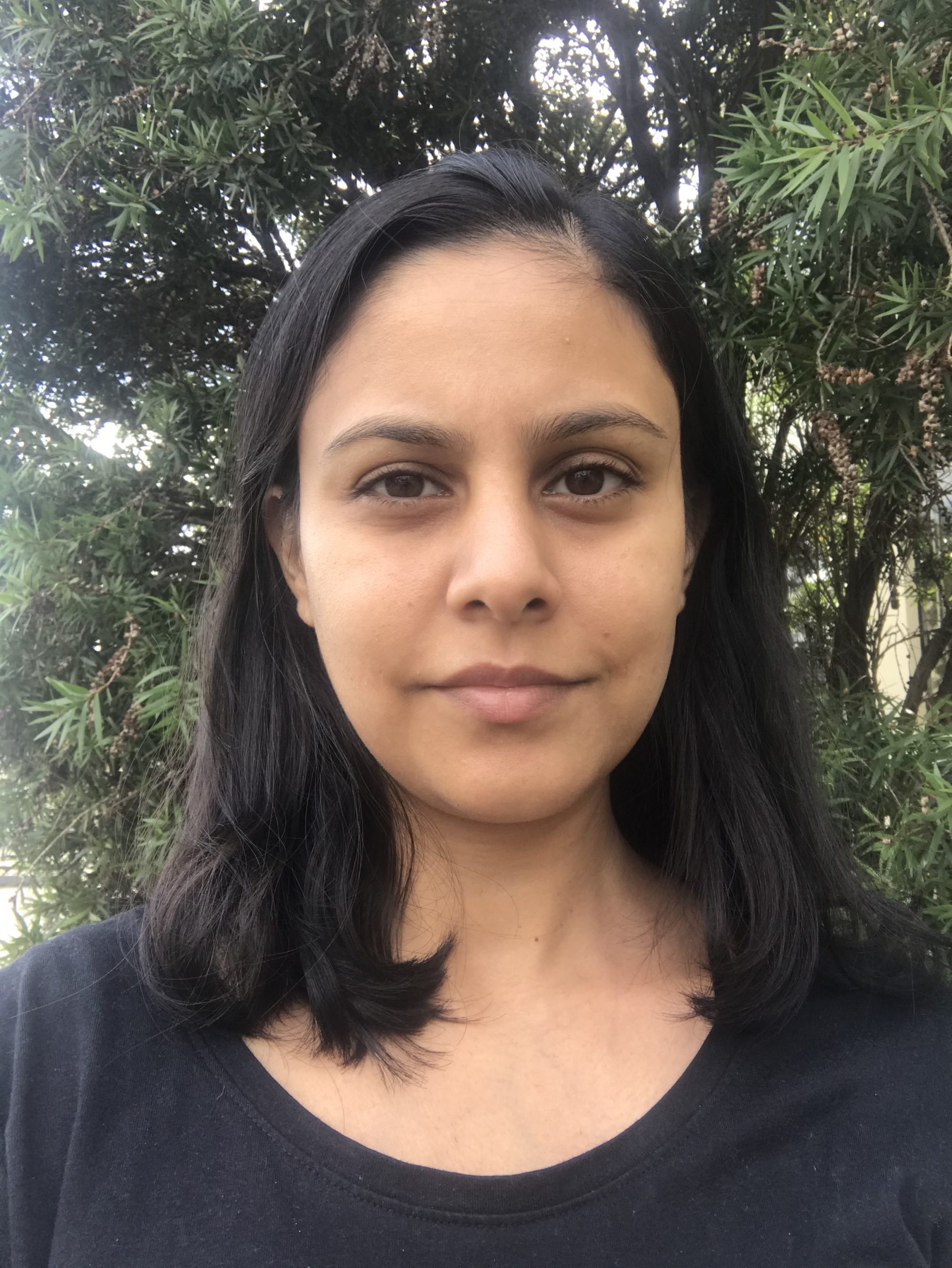
Meet Akanksha Arvind! Research Associate at SpeeDx. Here she talks about her career transition from traditional research assistant at a medical research institute, to her role at SpeeDx specialising in molecular diagnostic solutions, and how not having a PhD isn’t holding her back from a rewarding career in research.

What is your current role and how did you get to be there?
I started my journey with a bachelor’s degree in pharmacy and then master’s degree in pharmacoinformatics. I wanted to do a PhD but was not able to, and back then I thought I would not have enough opportunities compared to others. Interestingly, I proved myself wrong as I always found exciting work opportunities! I moved to Sydney almost 9 years ago and I started as a research assistant at University of Sydney, where I worked on testing new anti-cancer agents on cancer cells using cytotoxicity assays. After that I briefly worked at the Centenary Institute with the liver cancer group.
Extensive laboratory experience in an academic setting and willingness to learn new things helped me in starting my career in industry. The transition was not easy as the environment was quite different, but my persistence and organisational skills helped me. Currently, I am working as a research associate in the research and innovations team at SpeeDx, an innovative molecular diagnostics company which develops diagnostics kits for better patient outcomes. I have been working on design and development of PCR-based assays for 4.5 years (my time at SpeeDx) and absolutely love my work. I am fortunate to have a great team with lots of ideas and passion to try them. Not having a PhD is not holding me back from doing research and it never decreased any opportunities for me.
How does your work contribute to the field and/or the overall health and wellbeing of the community?
I have been part of the development of various products by SpeeDx which have resulted in better patient outcomes by helping clinicians in making informed decisions. Some of the assays I worked on as part of the research and innovations team are currently available in the market and in use, including PlexPCR RespiVirus (detects viruses affecting the respiratory system), PlexPCR VHS (detects sexually transmitted infections and differentiates between varicella, herpes and syphilis) and ResistancePlus MG FleXible (detects antibiotic resistance in Mycoplasma genitalium). It is so rewarding to see our efforts directly helping the community.
What is a project you would love to get off the ground, or skill you would like to develop, if you had the opportunity?
I would like to work on PCR- or non-PCR-based diagnostics tests which can be used for point-of-care testing in respiratory illnesses. This can help save lives of patients by telling results faster and hence helping make decisions faster.
What are your loves outside of work?
In my free time I like to cook, go for a run or practise yoga. A good cup of tea always rejuvenates me. I have two little boys and I love spending time with them.
What is one piece of advice you could pass onto others following their own career in the health and medical research sector?
Medical research is a growing field and there are a lot of opportunities, not only in academic research but also in commercial laboratories. Keep yourself updated with advances in your field and have an open mindset.
